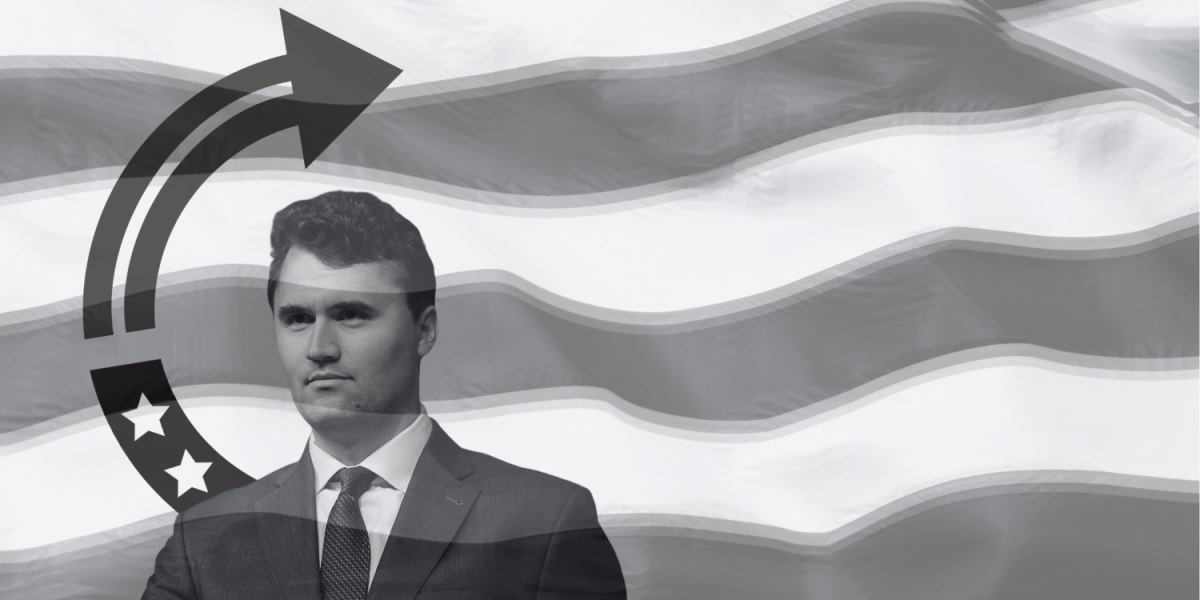Article By: Alexander Sessa
As the end of the fall semester draws closer, students will begin to fill out evaluations of their teachers’ performance and this year the SGA hopes to create Universal evaluations. While the Suffolk Business School has already established this system, some members of CAS believe following this trend would help to better determine the quality of teaching services at the University. However, many Suffolk students are unaware of the potential changes.
Furthermore, many freshmen are unaware of the upcoming evaluations, feeling they have not been educated about the system. In spite of this, however, some of the controversy at hand remains unclear to Suffolk teachers and students.
“Professors are worried this will make them look bad,” said Jordan Nye, the Academics Chairman for SGA. According to Nye, teachers are worried they may potentially lose their jobs if a universal system is created, because it may reveal more about their teaching methods than previous evaluations. Also, the final goal of this plan would be to publish the completed evaluations online, eliminating the need for such search sites as ratemyprofessor.org.
According to Nye, “publishing these evaluations would be our ultimate goal, but we have to take baby steps.” This process will clearly take time if it is even adopted in the first place. “The reason this issue is not well publicized is because people don’t understand the issue,” Nye continued. “Many teachers are fearful they may lose their jobs over this, but that is not the issue. We just want to make sure we have quality teachers working for Suffolk.”
Professor Bryan Trabold of the English department, for instance, could not comment on any personal negative experiences. “Overall, my experience with evaluations has been positive. I think it’s important for students to be able to express their views openly and honestly about what they thought worked well, and so not so well, in a given course. I always read my evaluations and I take them seriously. They can be particularly useful in those situations when I plan to teach the same course again, as they help me to answer the questions: What should I keep doing? What could be improved?”
According to Trabold, the process has been unchanged in his four years working for Suffolk.
He also believes that students evaluating him have not had great difficulties giving appropriate feedback. “I feel I’ve been fairly evaluated. Students have been gracious in letting me know what worked well in a course and have also offered some constructive criticism and given suggestions for how to improve a course.” Trabold further insists that students take the evaluation process seriously. “You’ll have a much better chance of being heard.”
Lauri Umansky, former Associate Dean and then associate vice president of academic affairs, concurred with Professor Trabold concerning the importance of evaluating teachers. “I have always felt that the evaluations serve a good function,” Umansky said. “Students’ anonymity is assured, and this affords students an opportunity to really speak their minds about their courses at Suffolk.” She was also respectful of the fact that evaluations vary depending upon different departments.
“It seems important to me that each department has the freedom to develop an evaluation form best suited to its approach, its culture,” said Professor Susan Westcott Alessandri of the CJN department. “I generally get the feeling that students enjoy having the voice. Students are generally pretty fair.”
Upperclassman in the CAS do not seem phased by the issue. Robert Keough, 2011 said, “I don’t see how a generic format would hurt.” He continued by stating matter-of-factly, “if anything, it would make the process easier.”
Many Suffolk freshmen, however, do not feel they have been properly informed about the upcoming evaluations. Katelyn Speedden, 2013, said, “I’m surprised that we were not educated on teacher evaluations. I didn’t even know you could evaluate teachers. I thought they were just evaluating us. I’m expecting to be informed on how to evaluate teachers.” As the controversy over changing the evaluations grows, Suffolk students can expect to see alterations in the way they critique their teachers methods in the weeks to come.












